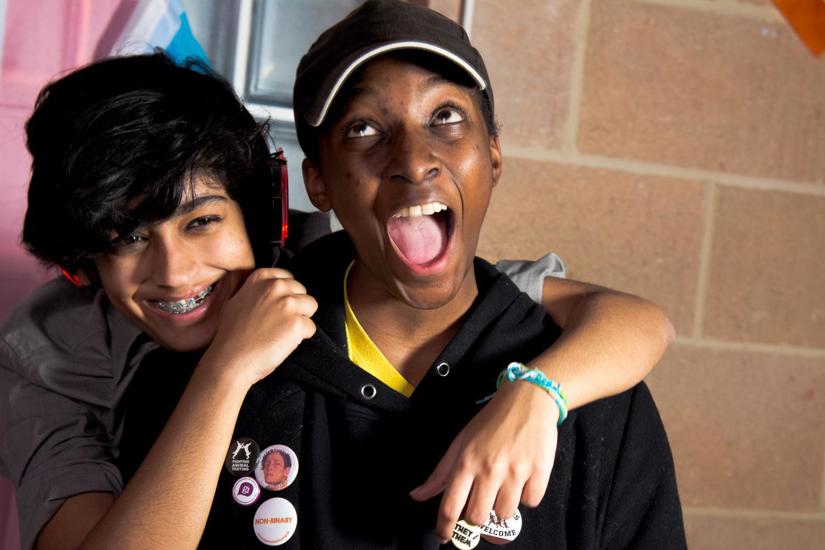Schools will be expected to teach consent, peer pressure and grooming, according to new guidance on relationships and sex education.
Other subjects included in the new relationships and sex education (RSE) lessons include the laws around sexual exploitation, abuse, harassment and domestic abuse.
Last year, the government announced that relationships and sex education (RSE) will be compulsory in all schools from September 2019. It has now released further details for consultation.
There is a public consultation on the draft guidance open until 7th November 2018.
What will change?
The new guidelines focus on consent, exploitation, grooming, harassment and abuse.
Pupils will be taught what consent means, including how to actively communicate and recognise consent from others.
RSE will be mandatory for both primary and secondary schools. Learning will need to start at the beginning of primary.
What will be taught?
Primary schools will teach about families, carers and friendships – including bullying, online relationships and staying safe.
Secondary schools will expand on these themes, teaching in more depth about stereotypes, the law and equality. They will be also be required to teach about sexual and reproductive health.
Sex education will include age-appropriate topics including puberty, adolescence and how babies are conceived and born.
A wide range of issues should be taught to support good sexual health, including the full range of contraceptive choices, the facts around pregnancy including miscarriage and abortion, information on the transmission, prevention, treatment and prevalence of sexually transmitted infections (STIs) and how to get help from services.
It will also be compulsory to teach children about mental wellbeing. Pupils will be shown how to recognise anxiety and depression and will be taught self-care techniques.
Is the guidance LGBT inclusive?
LGBT issues are described as something that should be integral, not taught as a one off lesson.
According to the new guidance, faith schools will be able to teach RSE in line with their religion. It states: “In schools with a religious character, the distinctive faith perspective on relationships may be taught, and balanced debate may take place about issues that are seen as contentious.’
Can parents withdraw their children?
Parents can still remove their child from sex education lessons, but that right is overridden at 15, when the child can opt back in.
At that point, young people will be given the right to make their own decision about opting out from sex education.
According to the guidance, “if the child wishes to have sex education, the headteacher should ensure they receive it in one of those terms.”
Parents will not be able to withdraw their children from national curriculum science or from relationships education at any level.
